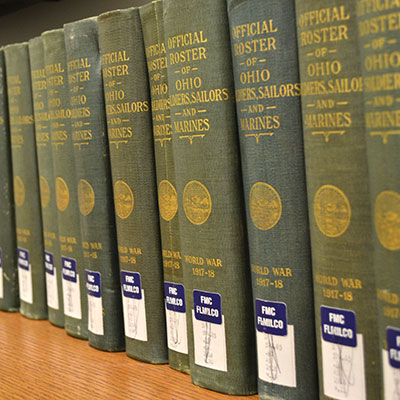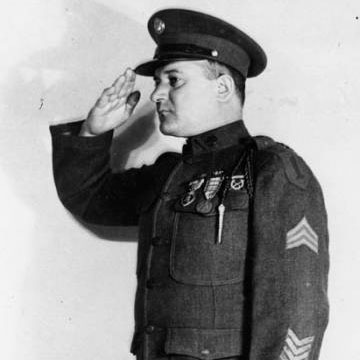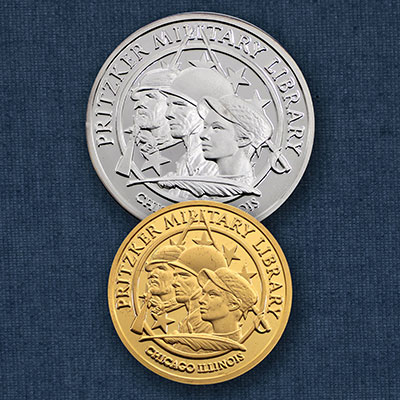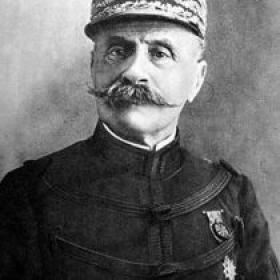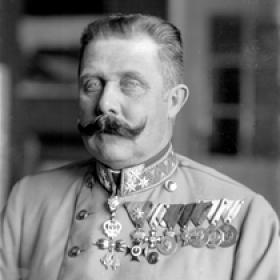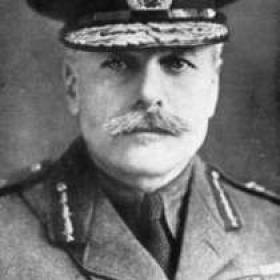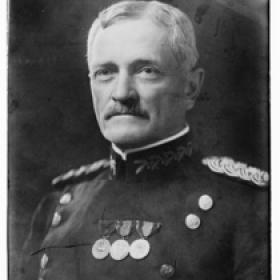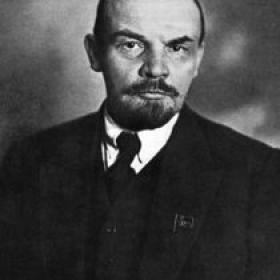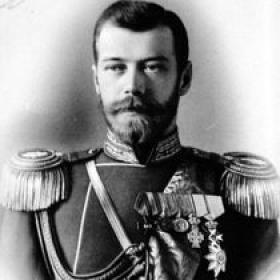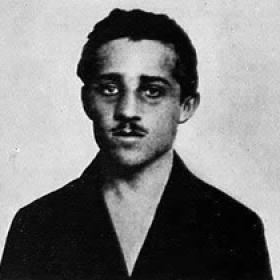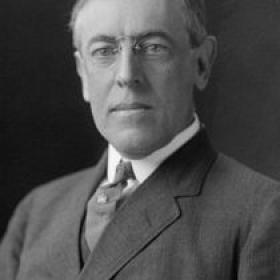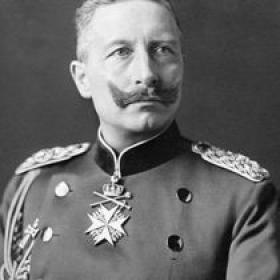Ferdinand Foch
Ferdinand Foch (October 2, 1851- March 20, 1929) was a Marshal of France and commander of all Allied forces during the closing months of World War I. Foch served as a commander during the battle of the Marne and as Assistant Commander-in-Chief of France’s Northern Army under General Joseph Joffre during the Somme campaigns, but he was removed from command by Joffre for his aggressive tactics and high casualties. Joffre’s removal from command in 1916 led to Foch's recall and promotion to General Chief of Staff. In March 1918, a conference of British and French commanders and diplomats appointed Foch Generalissime, or Supreme Commander of Allied Armies, in order to facilitate better coordination between all forces on the Western Front. Foch, with British Marshal Douglas Haig, was responsible for planning the Grand Offensive, a series of overlapping offensive waves on the German lines, during the Hundred Days Offensive. This ultimately led to the breaking of the German Hindenburg Line and the Armistice on November 11, 1918. He is considered by some historians the leader most responsible for the Allied victory.
